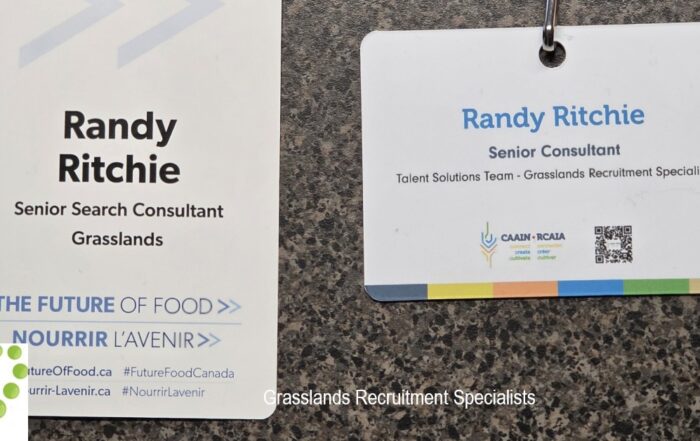It is our experience that people consider advertised roles rather than thinking about what they truly want from their next career transition. This makes sense as they are usually busy being successful in their current position and don’t have too much time to commit to a job hunt. It is often a “quick look” at a job board that sparks their interest in pursuing something.
“What is your ideal role” – we ask this in every initial conversation with career-seekers? This question is asked without regard to a specific role. Why? If your career transition is really going to be at least a 3-4 year proposition, consider what you REALLY want. Don’t let specific role criteria dictate what you think is best for you. As an Executive Recruiter, this also helps me assess if a role or client we represent will match what you seek; even roles that aren’t publicly advertised.
The following list is an adaptation of an article by Emma Ward as featured on LinkedIn.
Here is a small checklist of things to consider before you start looking:
A. Without a specific client or position:
Culture & benefits
What are the important hallmarks of the culture you want? Is it openness, inclusion, celebration? Flexibility, bonus, career progression, international relocation, additional annual leave etc
Values
What are your values? What values are non-negotiable?
Hiring Manager
What is it you want in your manager? Do you need coaching or do you want autonomy or a blend? What are the questions you are going to ask to establish what’s important to you?
Team
Are you successful working in a cross-functional team or working in a silo? Do you want/need a collaborative team or do you prefer working alone? Will you manage a team? Is this important to you?
Location
Would you (and your family) consider relocation as part of the next step in your career? What is your preferred geographic area? What amenities and attractions you (and your family) require/want? Is there anywhere you wouldn’t live no matter what?
Travel
Is travel an issue? Do you want something that isn’t offered? Is overnight welcomed or just travel throughout the day? What amount of travel would be too much?
B. Once you know the client and position:
Business results
Is the business tracking well/are they in a good position for growth? Can you leverage their expertise to enhance your skills? This may impact the engagement/motivation of employees.
Portfolio & scope
What will you be working on? Is it something you can see yourself believing in? Are you mandated? Will your skills and abilities be leveraged?
There are myths that can delay or derail career transition as well.
In Conclusion
As you can see, the above factors do not deal with remuneration. While $$ is important, studies show that $$ is generally not the reason an individual seeks a new career opportunity.
An honest evaluation of your skillset and value to the marketplace is essential to determine reasonable salary/wage expectations. Determine your bottom line – what you realistically would decline if an offer were presented. When determining that bottom-line, include all the income variables – cost of living, benefit premiums, pension top-ups, perks, etc.
Share This Story, Choose Your Platform!
Canada’s Agri-Food Moment: Innovation, Policy and Talent in 2026 and Beyond
Canada’s agri-food sector is standing at a pivotal moment. In Ottawa, leaders from industry, government, academia, and investment gathered for the Future of Food in Canada conference and related sessions connected to the Canadian Agri-Food READ MORE-->
Balancing Passion and Practicality: How to Build a Meaningful Ag Career Without Burning Out
Agriculture attracts people who care deeply about what they do. It is more than a job. It is an industry built on purpose, relationships, and long-term impact. Many agricultural professionals enter the field because READ MORE-->

